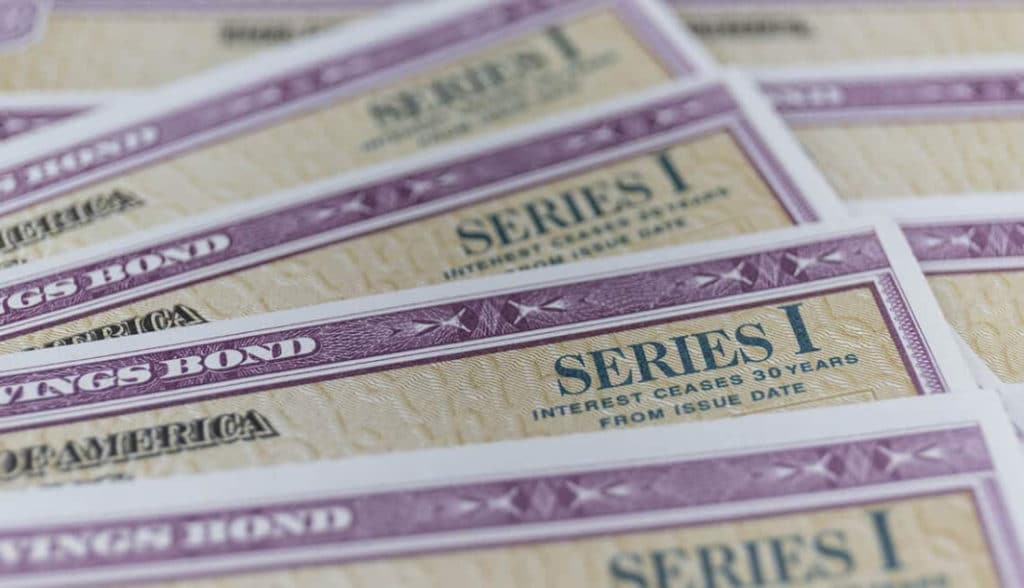Before diving into a 101 on I Bonds, let’s first acknowledge that they’re the most boring investment that we’re recommending to… just about everyone*. If inflation is something that’s top of mind, they may be a good addition to your portfolio. For more on our thoughts on inflation, see our piece from a few months back.
What are I bonds?
I Bonds are a type of U.S. savings bond designed to protect the value of your cash from a rise in inflation. They are meant to give investors a return + inflation protection on their purchasing power. An I bond earns interest monthly from the first day of the month in the issue date.
Interest is paid in two components: a fixed rate of return plus a semi-annual variable rate which fluctuates with inflation.
How is interest calculated?
Currently, I bonds provide an interest rate of 7.12%, and this rate is good through April 30, 2022. A portion of this rate is tied to inflation, so the rate adjusts every six months, on May 1 and November 1.
How do I bonds work?
When you purchase an I bond, you pay the full face value of the bond. Bonds can be purchased two ways: paper I Bond certificates or electronically registered I bonds through the TreasuryDirect.gov website.
I bonds earn interest each month, and the interest is compounded every six months. However, you don’t get access to the interest until you cash out the bond. Interest that you earn gets added to the value of the bond twice per year.
How much can I purchase?
Investors can buy up to $10,000 worth of I bonds annually through the TreasuryDirect website. In addition, you can purchase another $5,000 by applying your federal tax refund towards a paper certificate purchase. For instance, a family of four would be able to purchase $40,000 in I bonds annually via TreasuryDirect.gov, and up to an additional $5,000 (per SSN, per year) if they had a federal tax refund in at least that amount.
When do I bonds mature?
I bonds have a maturity of 30 years, so you can earn interest on them for 30 years. NOTE: You cannot cash out of your I bond during the first 12 months of ownership. If the bond is cashed out between years 1 and 5, the most recent three months’ worth of interest is forfeited.
Do I have to pay taxes on I bonds?
I bonds are exempt from both state and local tax, but you do have to pay federal tax on the interest. However, if used to pay for college, the interest is completely tax exempt. For reporting taxes, there are two options: report interest annually or at maturity when the bond is sold.
How do I cash in my I bond?
This will depend on whether you own a paper bond or an electronic bond:
- Paper Bond
- Bring physical bond and proof of identity to a bank or financial institution that will cash it in (recommendation: call in advance, not all institutions accept).
- Electronic Bond
- Can cash out directly through the TreasuryDirect website.
Should I bonds be a part of my portfolio?
Although purchase amounts are quite limited, there are a few advantages to I bonds that make them a consideration for any portfolio:
- Inflation protection
- Less volatile than equities
- Essentially no default risk, they are backed by the US Treasury
- Interest is exempt from state and local taxes
- Interest is exempt from federal tax if bonds are used to pay for college
*Disclosure: Everyone’s situation is unique. Please speak with a financial professional before following any of this advice.






